Imagine this: a customer visits your business and later ends up hospitalized from an infection traced back to your water system. This isn’t just a hypothetical horror story. It's a real risk that threatens restaurants, dry cleaners, spas, medical facilities, car washes, and even churches — basically, any business with water fixtures, even if it’s just a bathroom for customers.
What Is Backflow Testing and Why Is It Important for Businesses?
Topics: Plumbing, Pipes, Commercial Plumbing
Backflow Prevention: What Business Owners in SC Need to Know
Every day, business owners rely on clean water flowing through their buildings for various operations, from basic employee needs to specialized processes. However, without proper safeguards, this essential resource can become a liability.
Topics: Plumbing, Water, Pipes, Commercial Plumbing
Plumbing Inspection Checklist for After a Hurricane
Hurricane Helene took everyone in South Carolina’s Upstate by surprise. For many of us, it was the first time experiencing such a large-scale weather event. In fact, Hurricane Helene is now considered the most devastating hurricane in our region since Hurricane Hugo in 1989.
Topics: Water, Emergency, Pipes, Drains & Sewers, Plumbing Tips
Is Your Washer Leaking from the Bottom? Here’s How to Fix It
If you asked homeowners about their “most dreaded plumbing nightmare,” leaks would likely top the list. Dealing with a leak means fixing or replacing a faulty hose or pump and addressing the “collateral damage,” aka mold, wall, or flooring damage.
Topics: Plumbing, Emergency, Pipes, Washing Machines, Plumbing Tips
As winter's chill sets in, many homeowners find themselves grappling with a common but frustrating problem: frozen pipes. A frozen pipe can disrupt your daily life and potentially lead to costly repairs. However, with a little knowledge and some proactive measures, you can minimize the risk and quickly identify frozen pipes before they become a plumbing catastrophe. In this guide, we'll explore the telltale signs of a frozen pipe, strategies to find the culprit, and tips for preventing this issue in the first place.
Topics: Pipes
Frozen pipes are never convenient and usually end up costing you a pretty penny. While we do live in Upstate, SC and don't often experience the same weather as New York or Michigan, we have still been called out to homes in regards to a frozen pipe issue. We've also discussed what to do if your pipes burst, but let's talk about a few things you can do as a homeowner to prevent yourself from getting into this predictament in the first place.
Topics: Pipes
Plumbing 101: What Are the Different Parts of a Plumbing System?
Your home's plumbing system is essential to keeping your standard of living comfortable. If it's not working properly, you won't be able to shower, wash your hands, use the toilet, wash dishes, water the lawn, or run the washing machine. Plumbing systems are responsible for quite a bit; however, most people don't really know what their plumbing system is. They just turn the handle or press a button and expect the water to come out at the precise temperature and pressure they want.
As a homeowner, it's important to have a basic understanding of how your plumbing system works so that you can take better care of it and prevent costly breakdowns. Keep reading to learn the 3 major categories of your home's plumbing system.
It might come as a surprise that we’re writing about reducing your water pressure. Most of the time when people have a complaint about their water pressure, it’s because the water isn’t coming out of the faucet strong enough for them. While having a nice hot shower with just the right water pressure is a pleasure that’s tough to beat, there is a certain point where your water pressure can be too high and actually cause damage to the internal workings of your plumbing.
Let’s take a look at what causes high water pressure, some of the damaging effects it can have, and how you can use a pressure reducing valve to solve these problems.
Since the 1960s, copper has been the piping material of choice in the United States, for both homes and commercial businesses. There’s a good chance that your home’s plumbing is made of copper, which gives your home some distinct advantages.
However, copper piping does have its share of issues. In this post we’ll look at the good and the bad sides of copper, and a few warning signs to watch for.
Topics: Pipes
Winter temperatures in Greenville don’t regularly get below freezing—but when they do, it can cause trouble for your plumbing. Unlike for homes in colder climates, Southern builders sometimes skimp on insulation around pipes, particularly for those connected to the outside of your house.
This means that when temperatures do drop, you’ve got the potential for freezing pipes. As you may remember from high school science class, when water freezes, it expands. If the water in your pipes freezes, it increases the pressure on the pipe itself—which could result in a nasty burst.
Occasionally you’ll discover a pipe that’s frozen but hasn’t yet burst. (One sign is that you turn on the faucet or flush the toilet but no water comes out.) You’ll want to help the pipe thaw ASAP, before worse trouble follows. Here’s how to do it:
Topics: Pipes

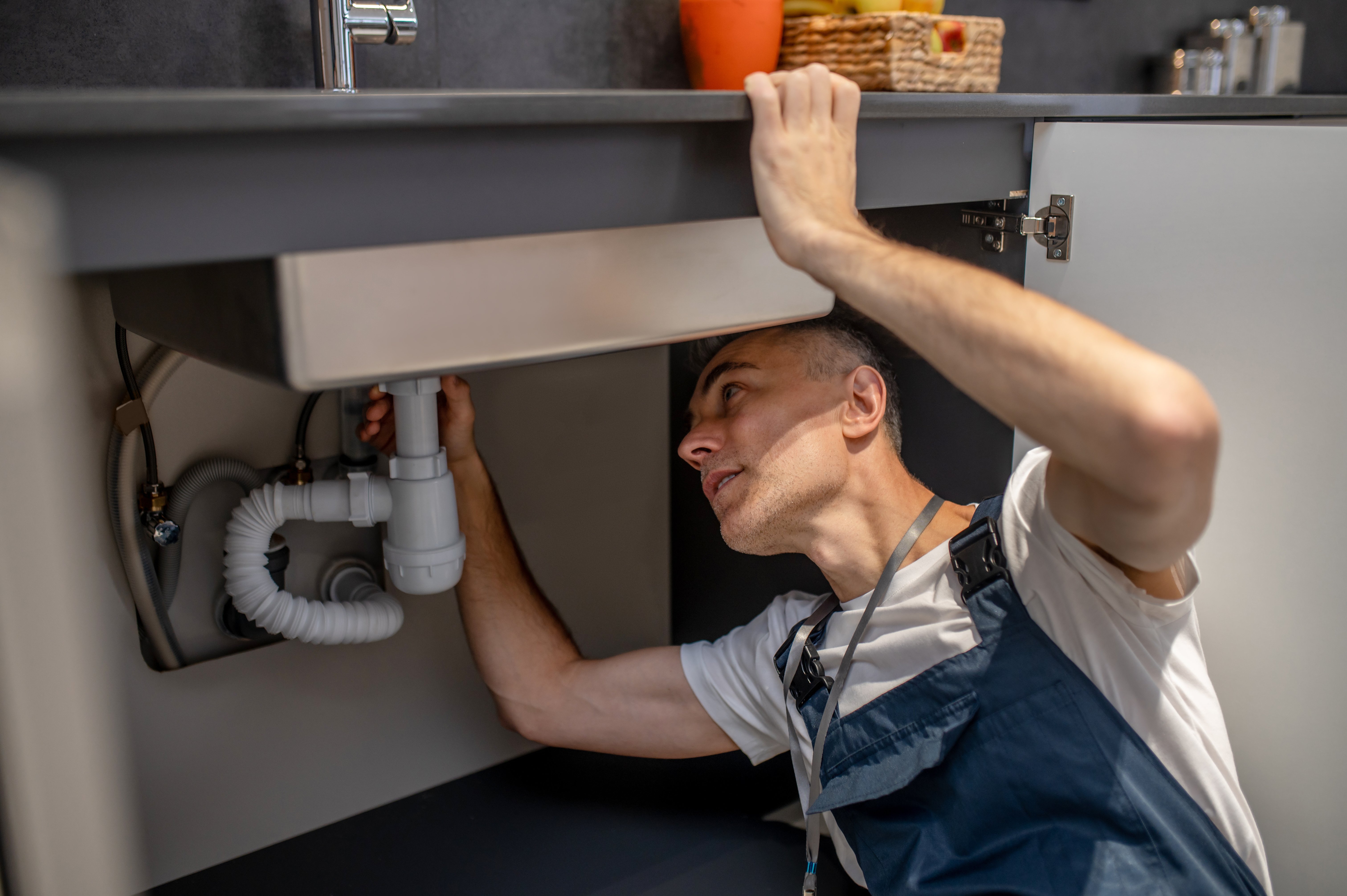
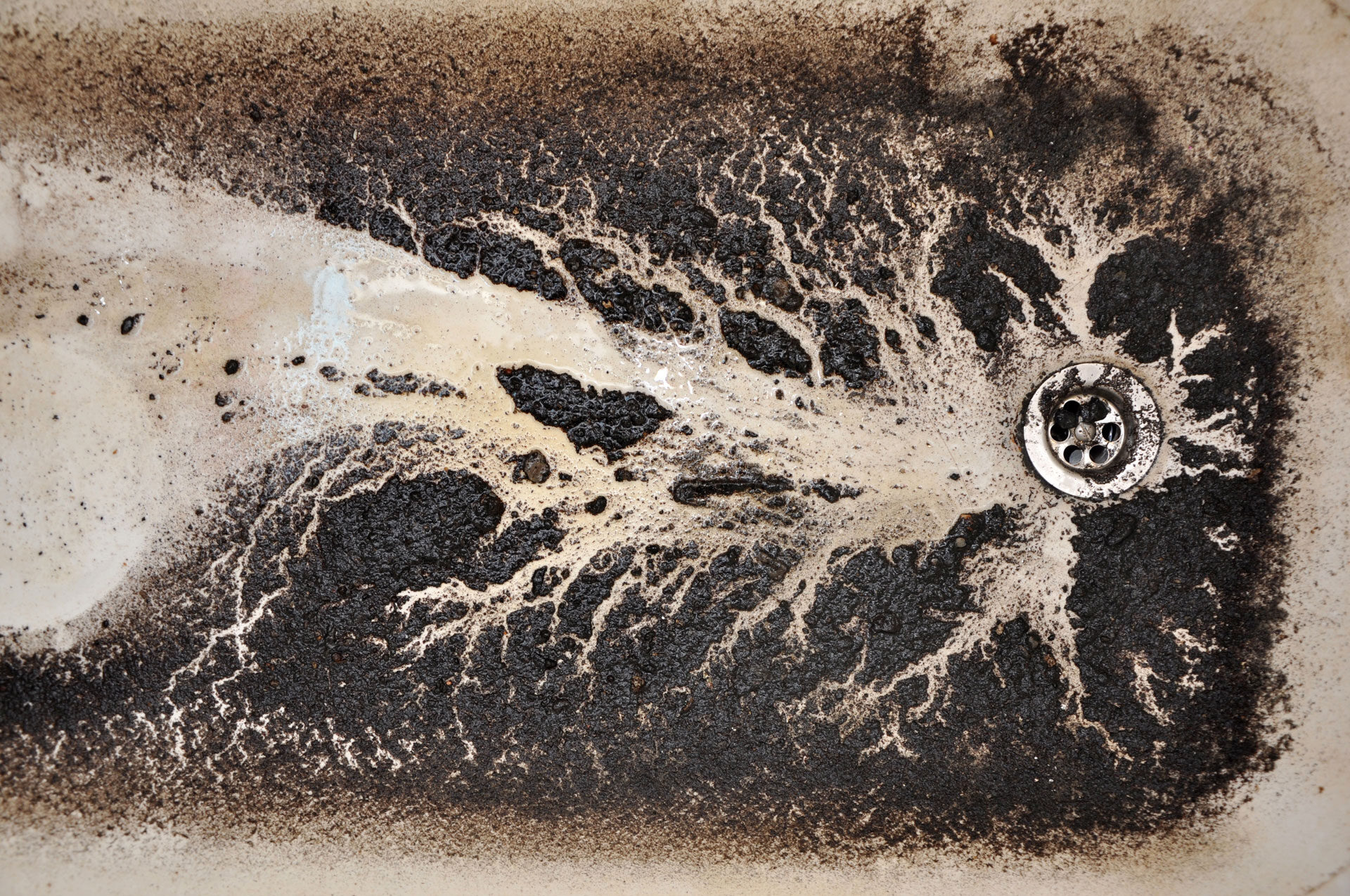
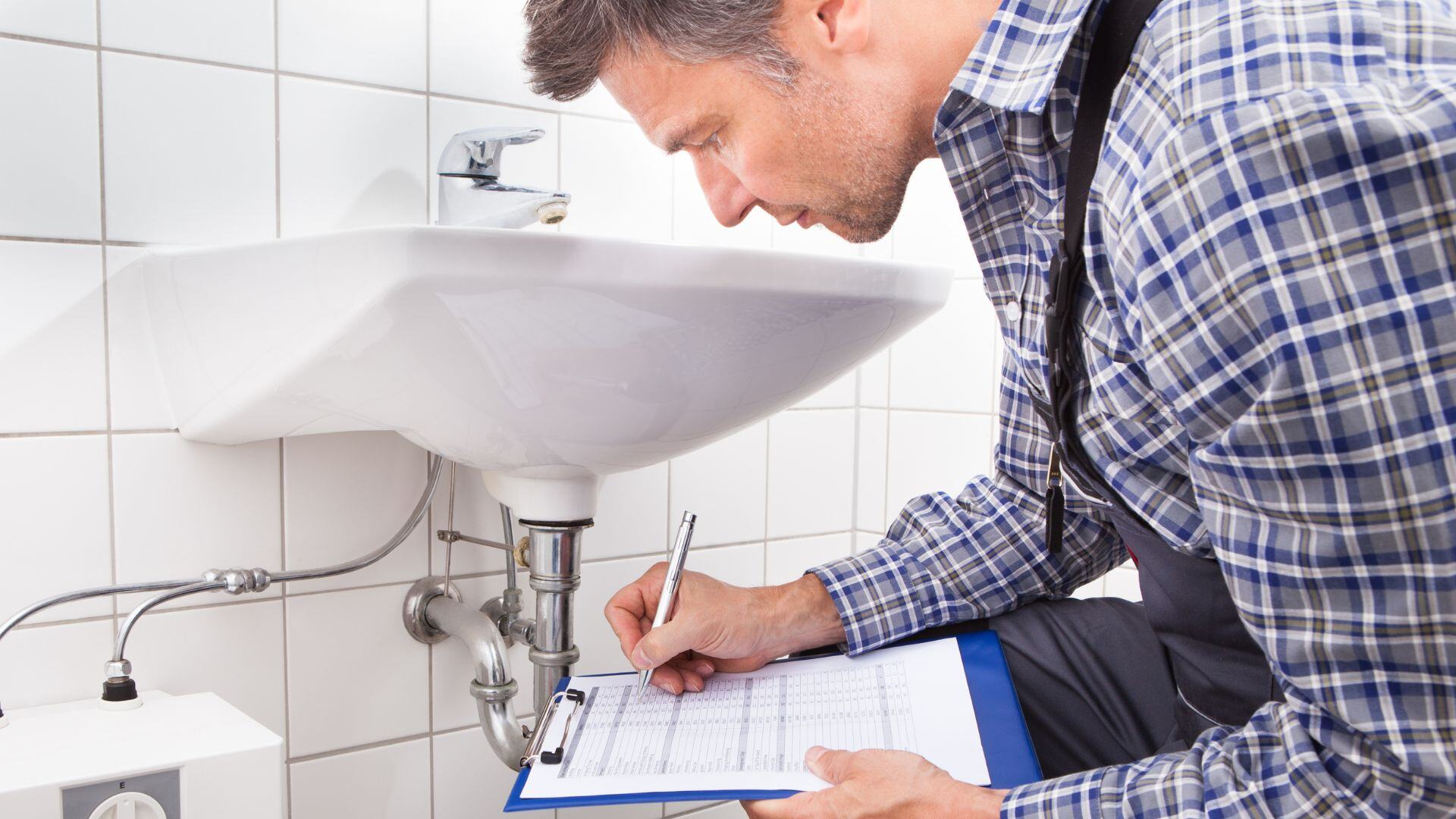
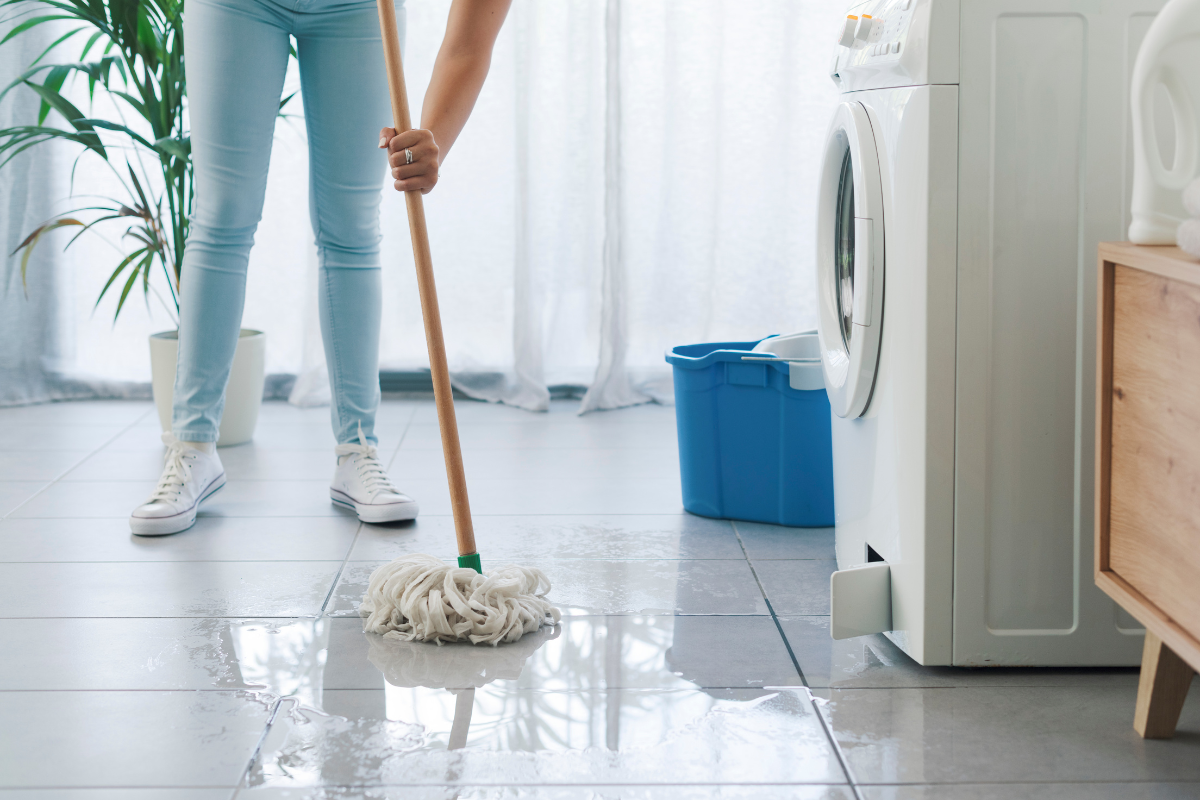
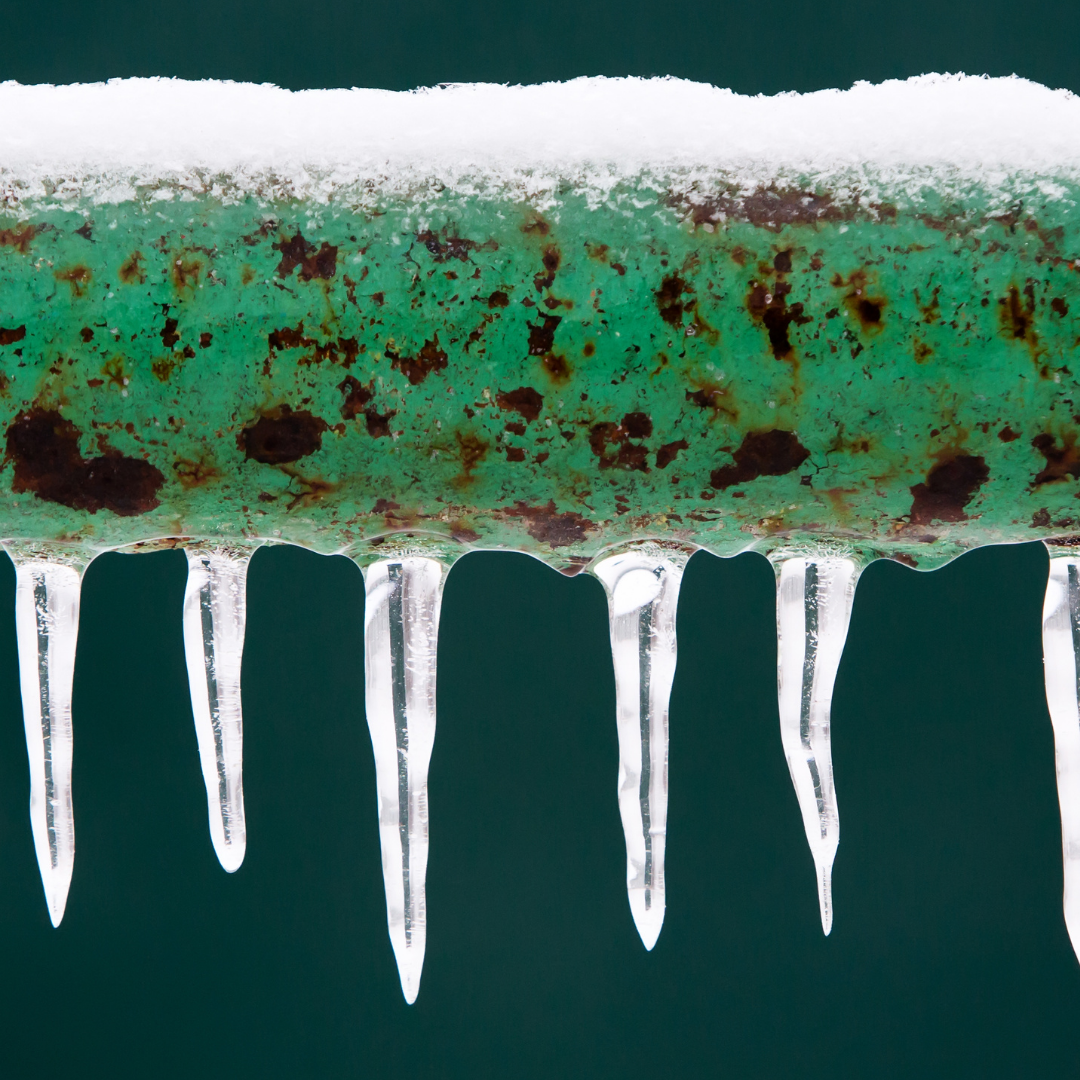

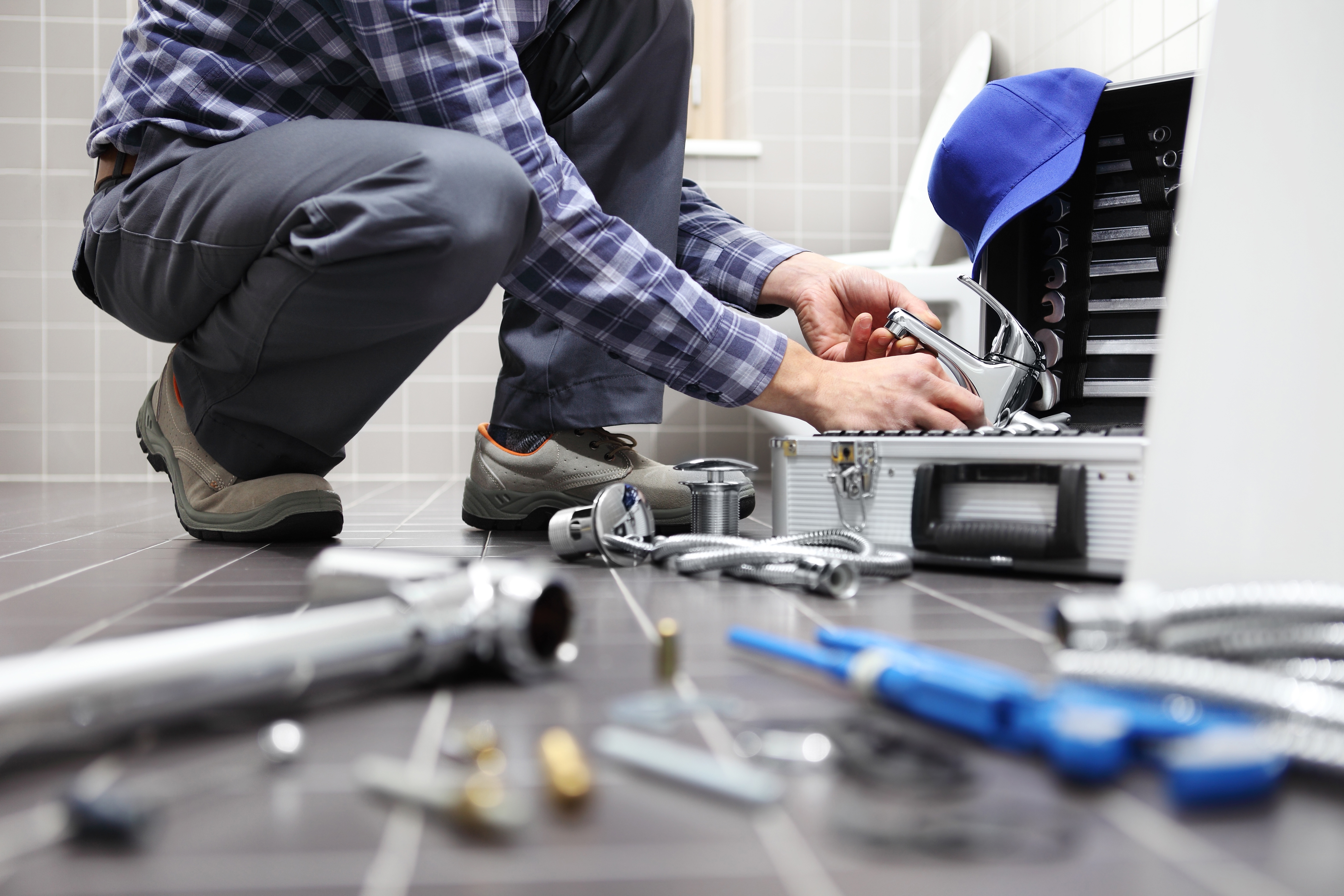
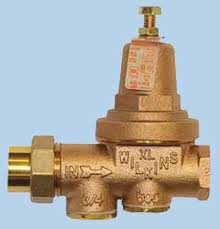
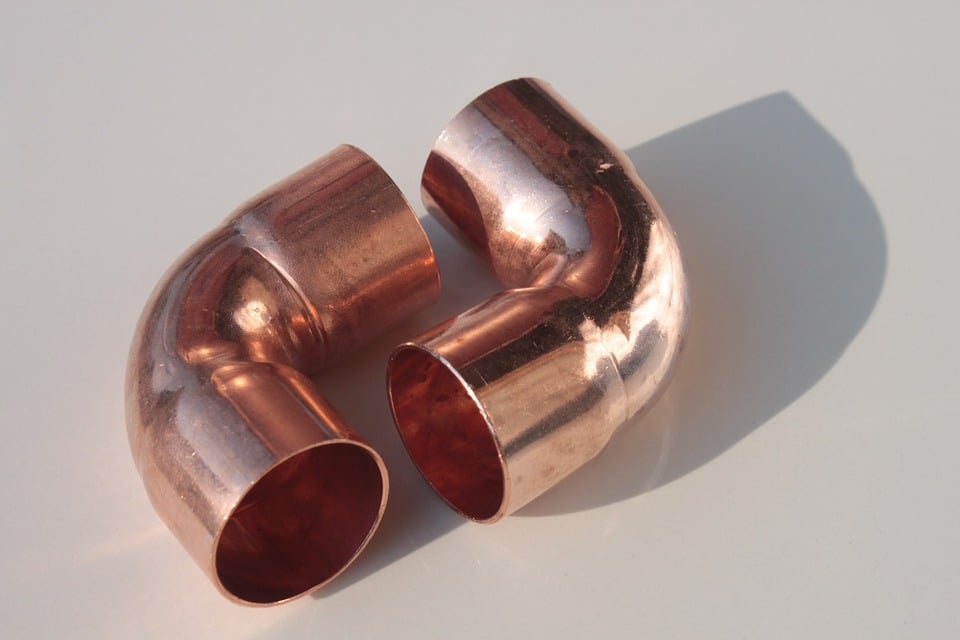
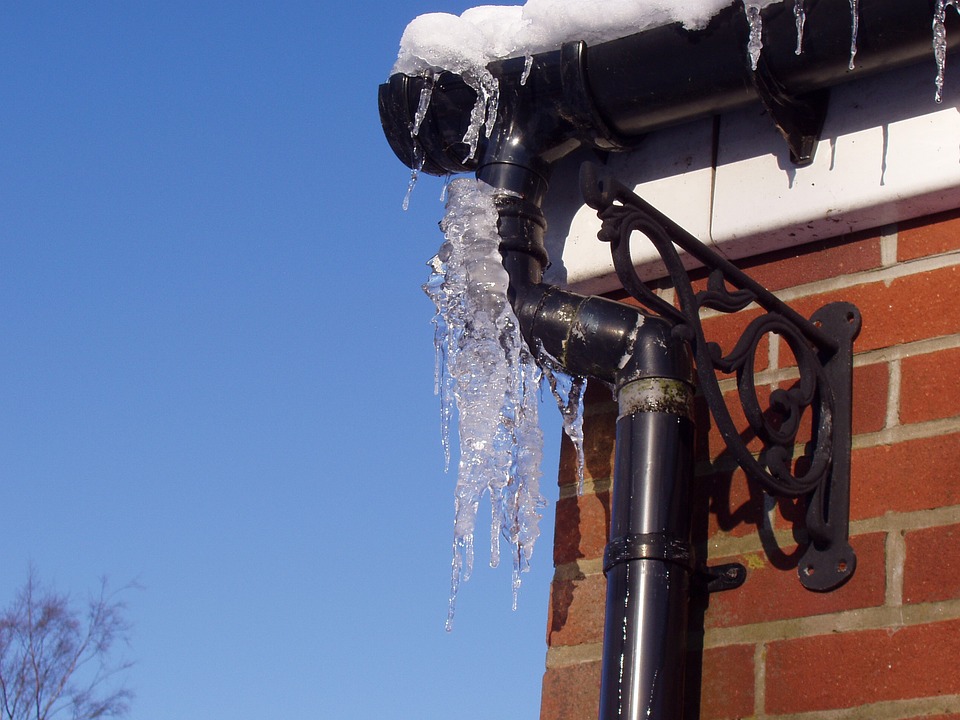
.png)